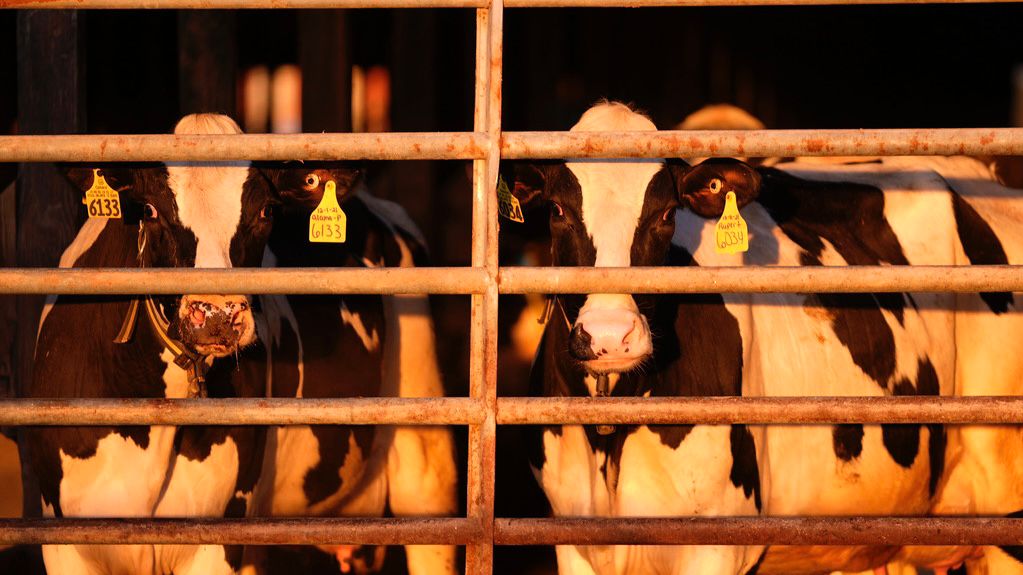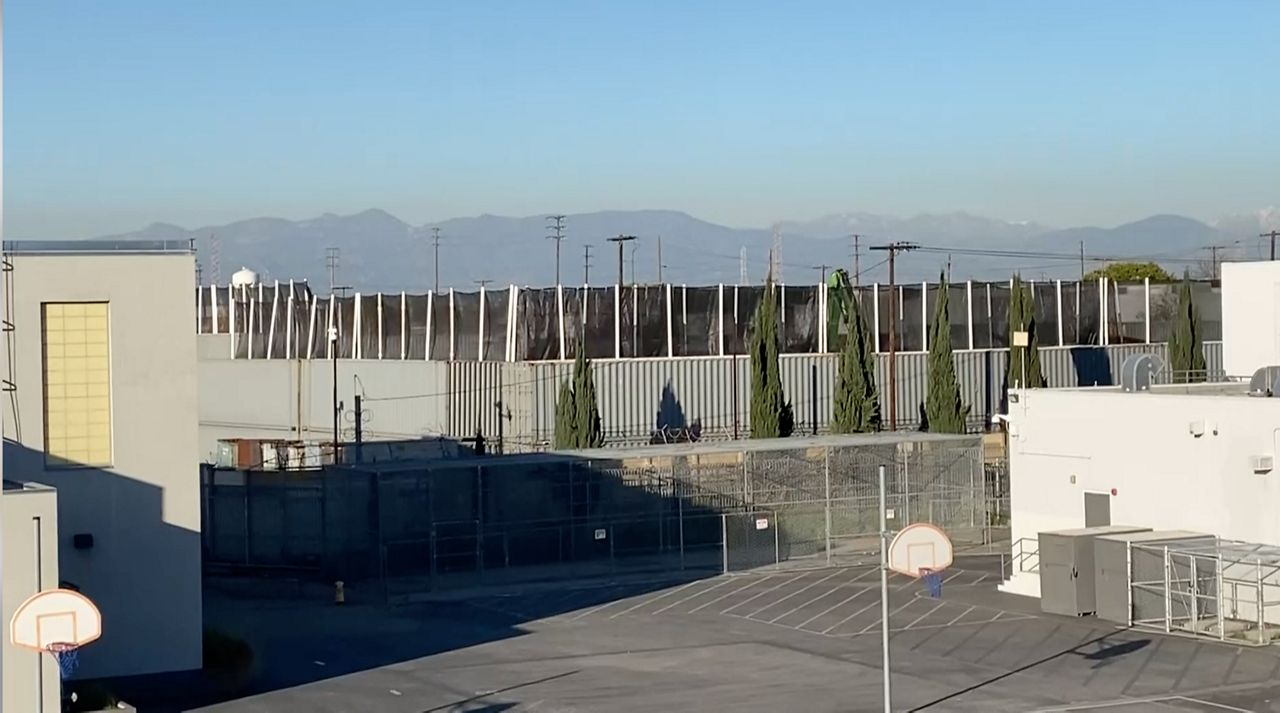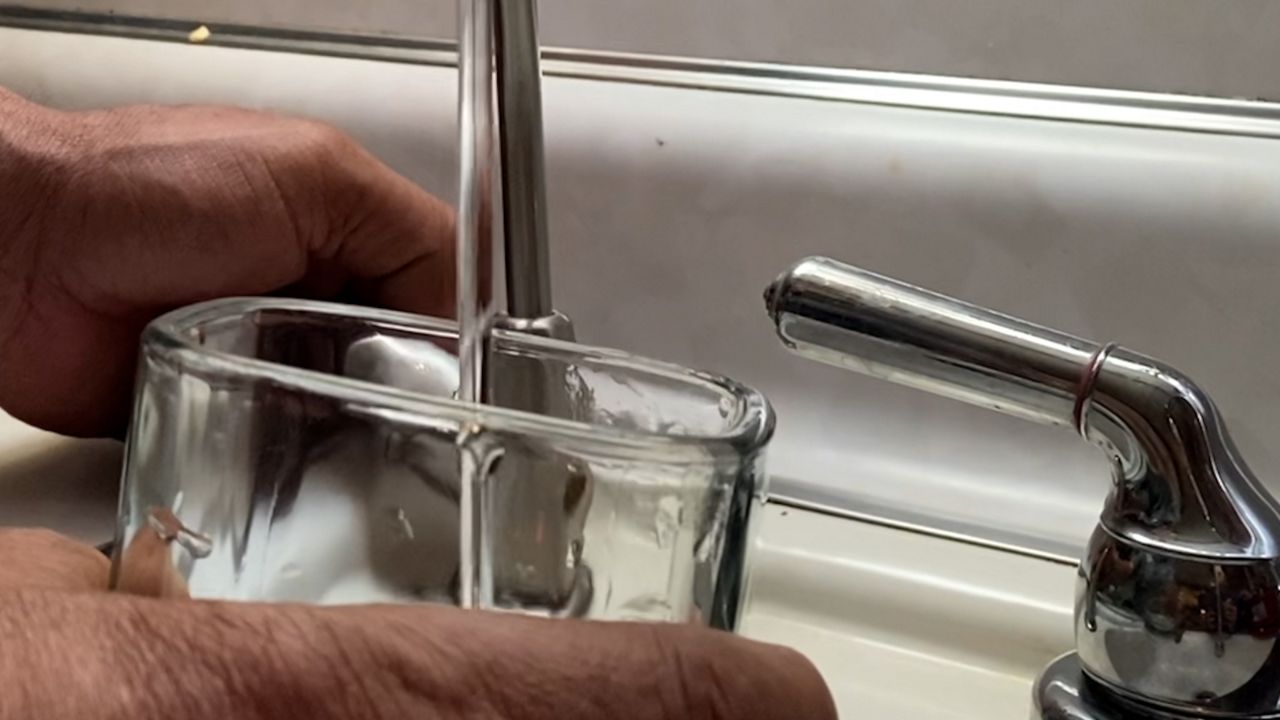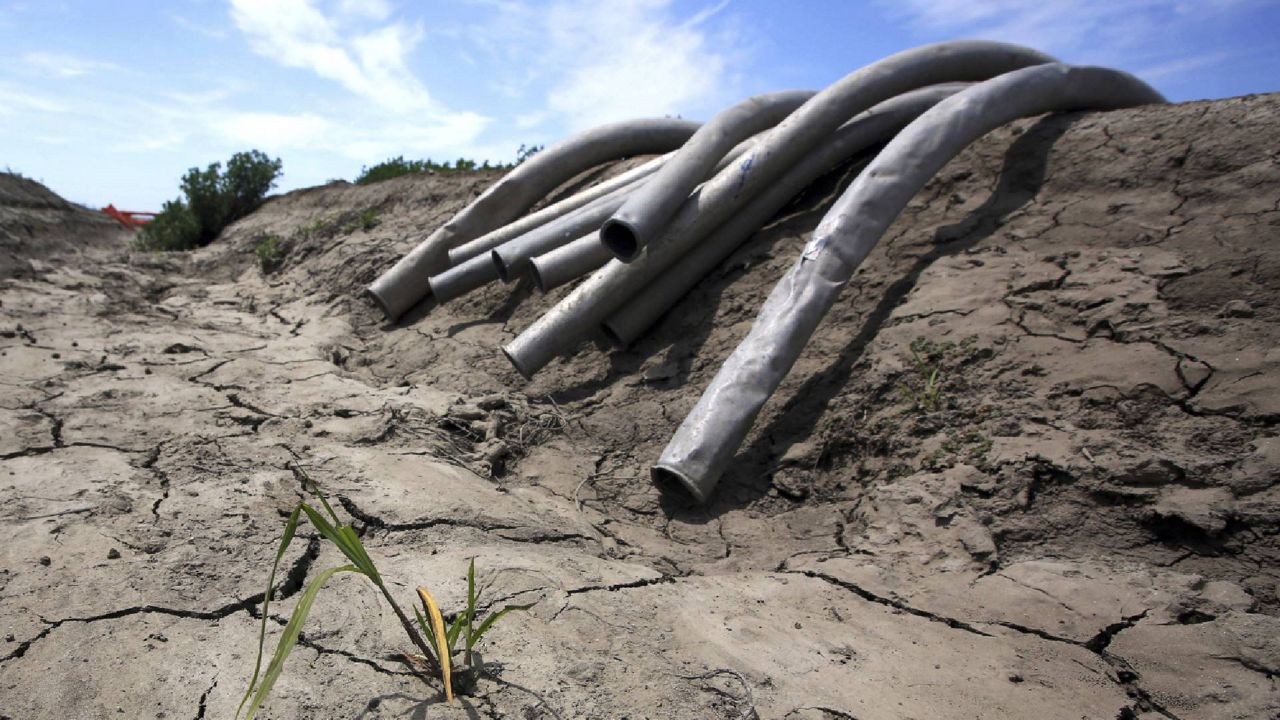WATTS, Calif. — Bottled water is a non-negotiable for Watts resident William Taylor.
“I do not drink it. I boil it. I cook with it. But I do not drink it,” he said as he turned on his kitchen faucet.
What You Need To Know
- Over the weekend, Los Angeles City Councilman Tim McOsker, Mayor Karen Bass, and the EPA met to discuss ongoing testing of lead in the Watts area
- McOsker says there have been some initial findings within residential and public housing sites
- Timothy Watkins, President and CEO of the Watts Labor Community Action Committee says they’ve been trying to get the city’s attention about the issue for years
- McOsker urges residents, tenants and anyone else who suspects they might have water quality issues to call the hotline (213) 367-3182 to have their water tested and investigated
It’s a lifestyle change he’s adapted to ever since he sued the Los Angeles Department of Water and Power in small claims court in 2016 for a home water filtration system after a low water chlorination incident.
Now, his community is battling another issue, a recent study led by the Better Watts Initiative found at least 20 residential taps in the area spewed water contaminated with lead.
“To say there’s lead in the water, there’s other chemicals in the water and you just sit there and take it? No. I pay a bill. They have an obligation to give me clean drinking water and bathing water. That’s why I went to argue,” said Taylor.
Over the weekend, Los Angeles City Councilman Tim McOsker, Mayor Karen Bass, and the EPA met to discuss ongoing testing of lead in the Watts area.
McOsker says there have been some initial findings within residential and public housing sites.
“About 1,000 tests that are coming back, there was some identification in hose bibs, particularly of lead,” he said.
But where is the contamination coming from?
McOsker said an investigation is underway to find the source.
“The water system itself, the water main if you will is showing to be clean water and so when there is any identified lead it is being collected somewhere from where the LADWP delivers the water whether it’s through laterals or through faucets and we need to make sure we get full testing back to identify what that is and mitigate it, immediately,” said McOsker.
Timothy Watkins, President and CEO of the Watts Labor Community Action Committee said they’ve been trying to get the city’s attention about the issue for years.
“The people of Watts have suffered malign neglect for so many years you’ve got responsible people that really deserve to lose their jobs because they haven’t kept us safe,” Watkins said.
In the meantime, Jonathan Leung with the LADWP said if you think your water might be contaminated, don’t boil it.
“The best ways to mitigate it is to flush the pipe or to put in a NSF-certified filter, NSF 53, that’s certified to remove lead. Boiling the water will have the counter effect. It will not be an effective measure. It can cause the lead to concentrate,” said Leung.
Despite his home water filtration system, Taylor still isn’t convinced his water is safe to drink. Lead exposure over short or long periods of time can cause varying symptoms that can include memory loss, abdominal pain, depression and more, according to the U.S. Centers for Disease Control and Prevention.
“I will not drink tap water. There’s no way. So, if people have aberrant behaviors, kids can’t concentrate in school maybe somebody ought to take it seriously,” said Taylor.
A Water Quality Hotline has been established for residents concerned about the quality of their water.
McOsker urges residents, tenants and anyone else who suspects they might have water quality issues to call the hotline (213) 367-3182 to have their water tested and investigated.













